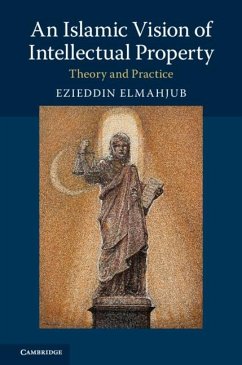For over a century, intellectual property (IP) regimes have been justified using Western philosophical theories rooted in the idea that IP must reward talent and maximize global stocks of knowledge and cultural products. Reframing IP in a context of legal pluralism, Ezieddin Elmahjub brings an Islamic and comparative narrative to the appropriate design and scope of IP rights, and in doing so criticizes the dominance of Western influence on a global regime that impacts the ability of people to access medicine, to read, to imagine, and to reshape popular culture. The Islamic vision of IP, which is based on a broad theory of social justice, maintains that IP cannot simply be seen as a reward for effort or tool to maximize economic efficiency but as one legal right within a complicated distributive scheme affecting fundamental human rights, equal opportunities, and human capabilities.
Dieser Download kann aus rechtlichen Gründen nur mit Rechnungsadresse in A, B, BG, CY, CZ, D, DK, EW, E, FIN, F, GR, HR, H, IRL, I, LT, L, LR, M, NL, PL, P, R, S, SLO, SK ausgeliefert werden.









